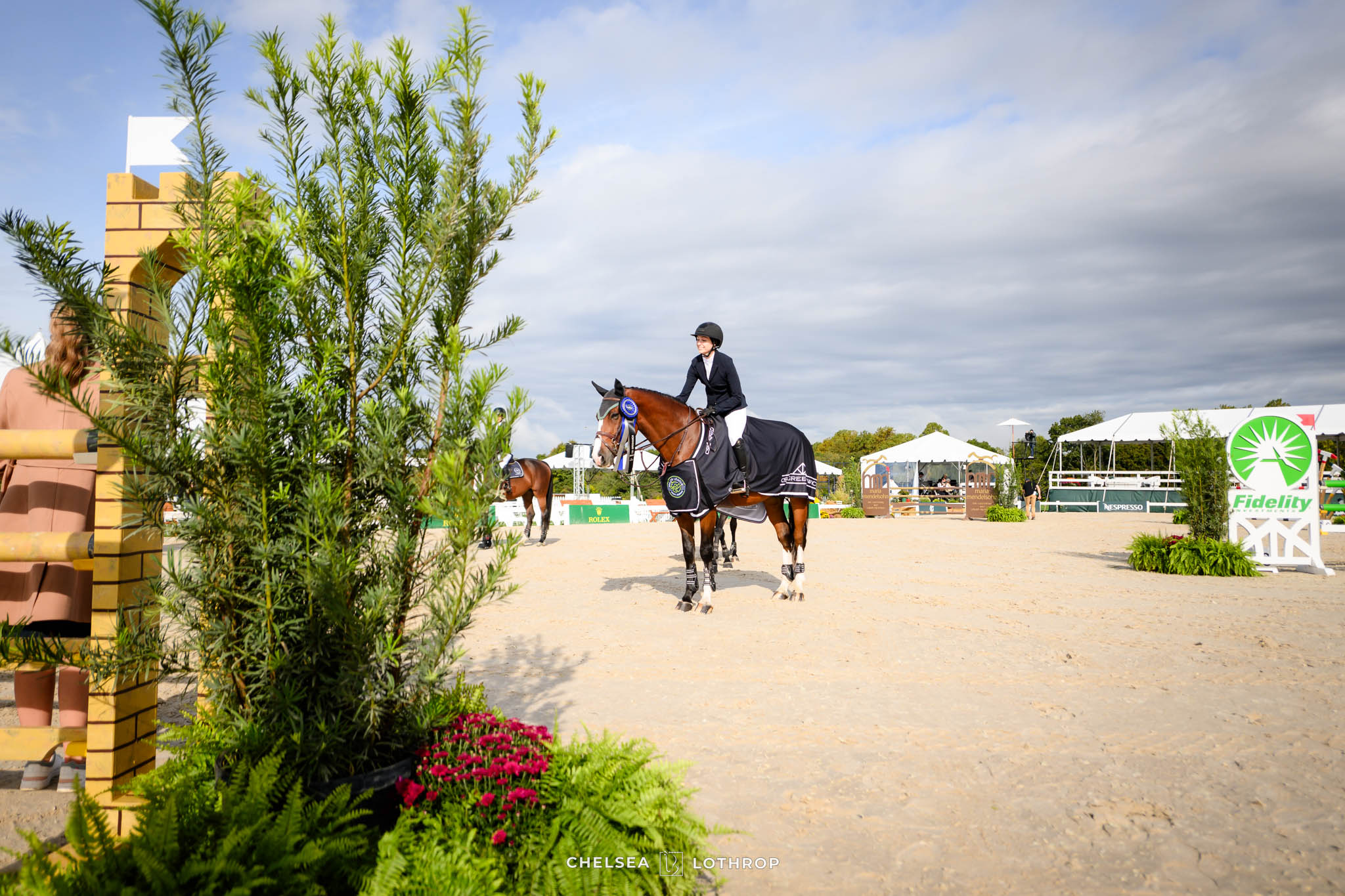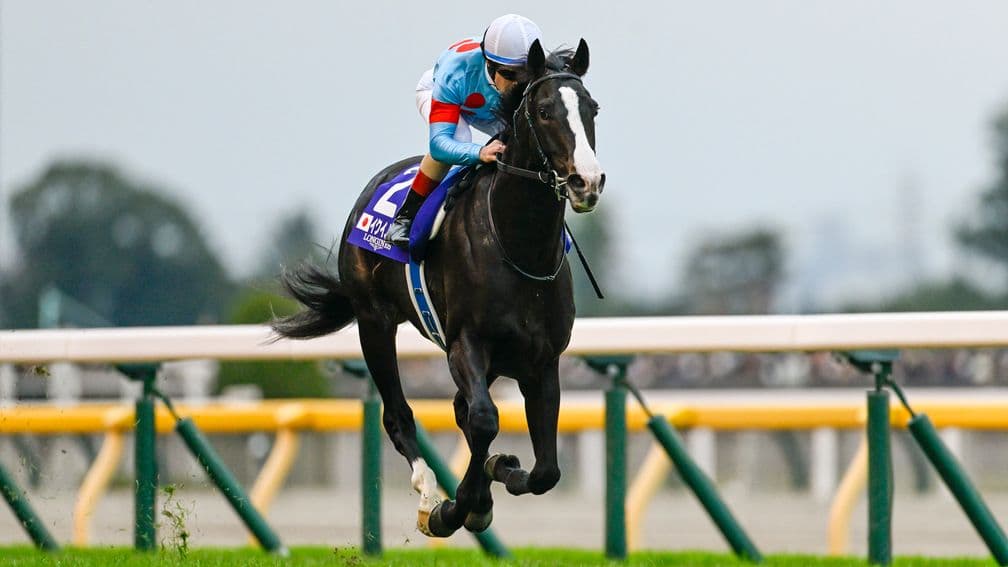Impact of Competition Results on Horse Values

Understanding how competition outcomes influence the market value of horses is crucial for breeders, trainers, and buyers. This article explores the multifaceted relationship between performance in competitions and the economic valuation of horses.
Introduction

Competition results are a significant factor in determining a horse’s value. Success in prestigious events can dramatically increase a horse’s market price, while poor performance may decrease it. This dynamic affects various stakeholders in the equine industry.
Factors Influencing Horse Values

| Factor | Description |
|---|---|
| Competition Performance | Wins, placements, and consistency in events impact perceived quality and desirability. |
| Pedigree | Bloodline and lineage contribute to potential and value, often enhanced by competition success. |
| Age and Health | Younger, healthy horses with good competition records tend to have higher values. |
| Training and Temperament | Well-trained horses with good behavior are more attractive to buyers. |
How Competition Results Affect Value
- Increased Demand: Winning or placing in high-profile competitions raises a horse’s profile, attracting more buyers.
- Breeding Potential: Successful competition horses are often sought after for breeding, increasing their value.
- Market Perception: Consistent performance builds a reputation that can sustain or increase value over time.
- Sponsorship and Endorsements: High-performing horses may attract sponsorships, indirectly boosting their market worth.
Case Studies
- Thoroughbred Racing: Horses winning major races like the Kentucky Derby see exponential increases in value.
- Dressage and Show Jumping: Consistent top placements in international events enhance both sale price and breeding fees.
FAQs
Q1: Does a single competition win significantly increase a horse’s value?
A1: While a single win can boost value, consistent performance over time has a more substantial impact.
Q2: How does age affect the value related to competition results?
A2: Younger horses with promising results often have higher potential value, but proven older horses can also command high prices.
Q3: Can poor competition results decrease a horse’s value?
A3: Yes, lack of success or poor performance can lower market interest and value.
Conclusion
Competition results play a pivotal role in shaping the economic value of horses. Understanding this relationship helps stakeholders make informed decisions in buying, selling, and breeding.
Would you like me to help improve the clarity or engagement of this article? Or perhaps add more detailed case studies or expand the FAQ section?
